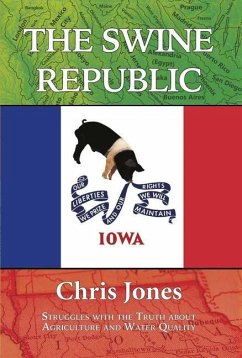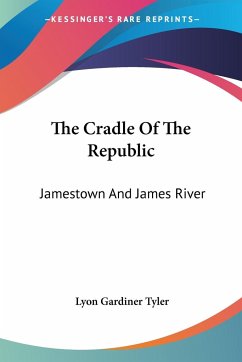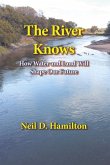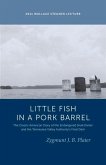"Interested in the truth about Iowa's water quality? You won't get it from Iowa's agricultural and political leaders. Among midwestern Corn Belt states, Iowa contains some of the world's most productive farmland; the state frequently tops all others in harvested totals of corn and soybeans and has helped the U.S. be the world's largest producer of corn every year since at least 1961. Iowa also has a lot of animals that eat corn and soybeans. The state is first in egg and pork production and fifth in the number of feedlot cattle. Concentrating both cropland and livestock within the state has created efficiencies in production, transportation, fertilization, and accumulated wealth for a lucky few. The immensity of this production has come at a cost: soil erosion, the loss of wildlife habitat, a lack of public parks and recreation areas, foul air from animal waste, and especially degraded water. Iowa has over 70,000 miles of streams, and only 15 segments of these meet all the designated uses outlined under the Clean Water Act. The pollutants from Iowa's rivers ultimately drain to the Mississippi River and the Gulf of Mexico, part of which is killed off every summer by Corn Belt pollution from farms 1,500 miles upstream. More than 20% of Iowans drink water treated for the removal of nitrate -- a regulated drinking water contaminant that results from corn and livestock production -- and nearly 7,000 private wells are contaminated with this pollutant. Yet the state's elected leaders and the Big Ag industry (in some cases one and the same) continue to whistle past the graveyard on their way to parking their backsides on the status quo, all the while gaslighting citizens about the condition of their water. In The Swine Republic, Chris Jones takes a long hard look at the science, politics, culture, and economics of Iowa agriculture and the state's degraded waters and connects the dots for everyone who wonders why progress toward improvement is so maddeningly slow in Iowa and the rest of the farmed Midwest."-from inside cover flap.
Hinweis: Dieser Artikel kann nur an eine deutsche Lieferadresse ausgeliefert werden.
Hinweis: Dieser Artikel kann nur an eine deutsche Lieferadresse ausgeliefert werden.








